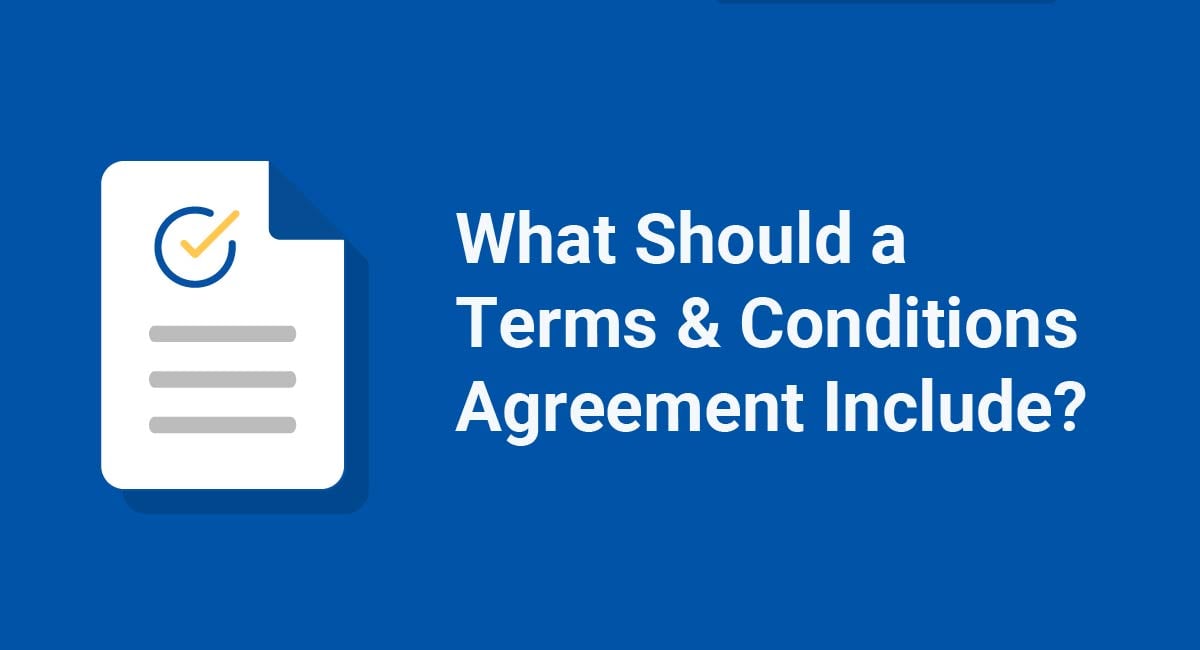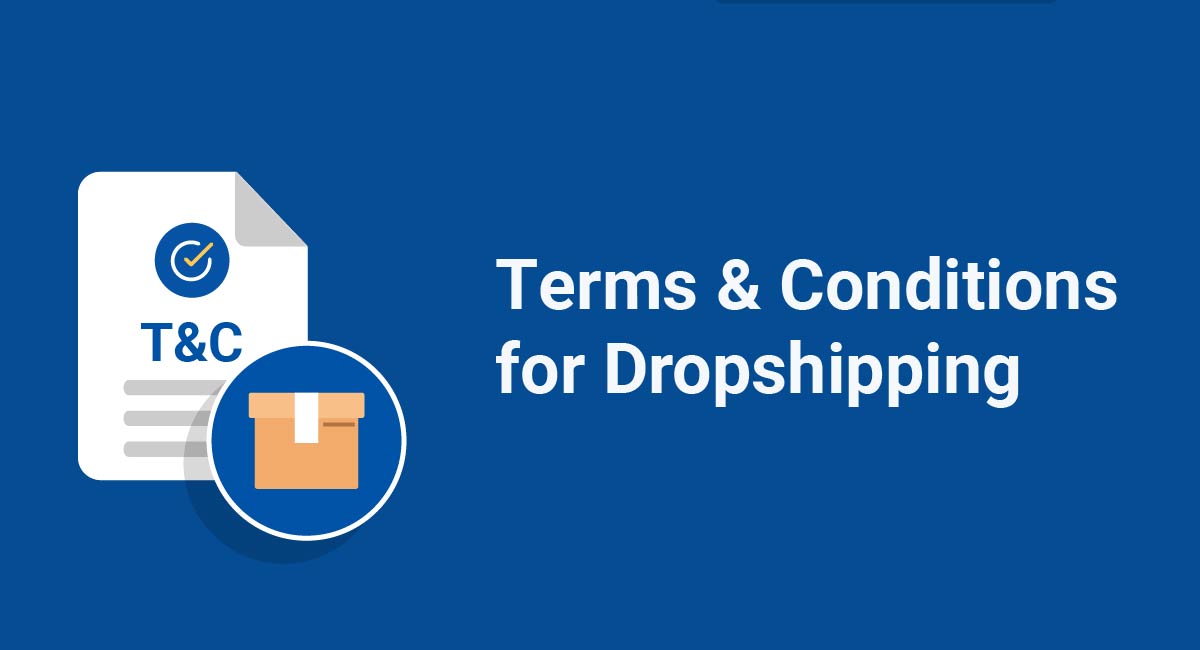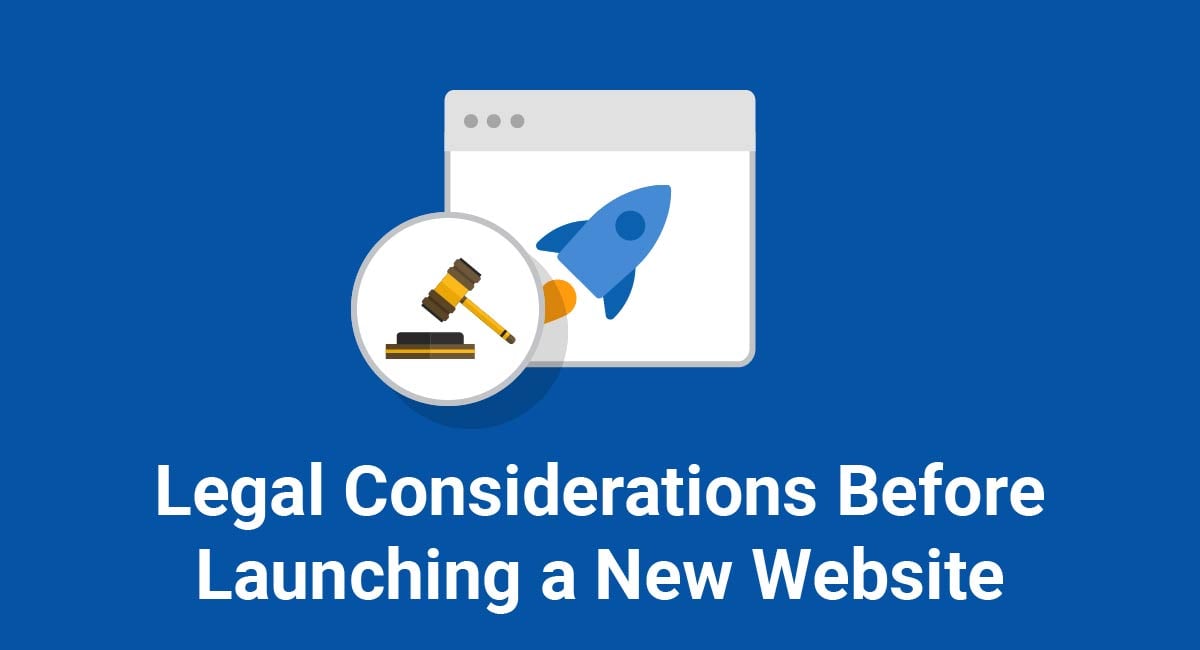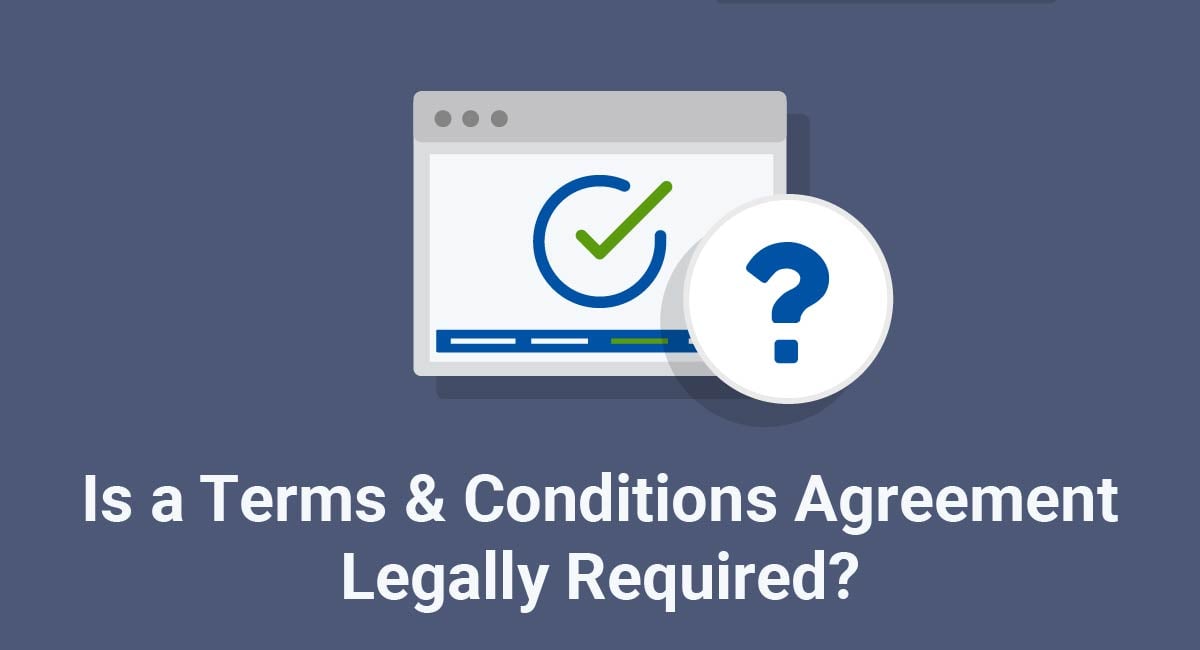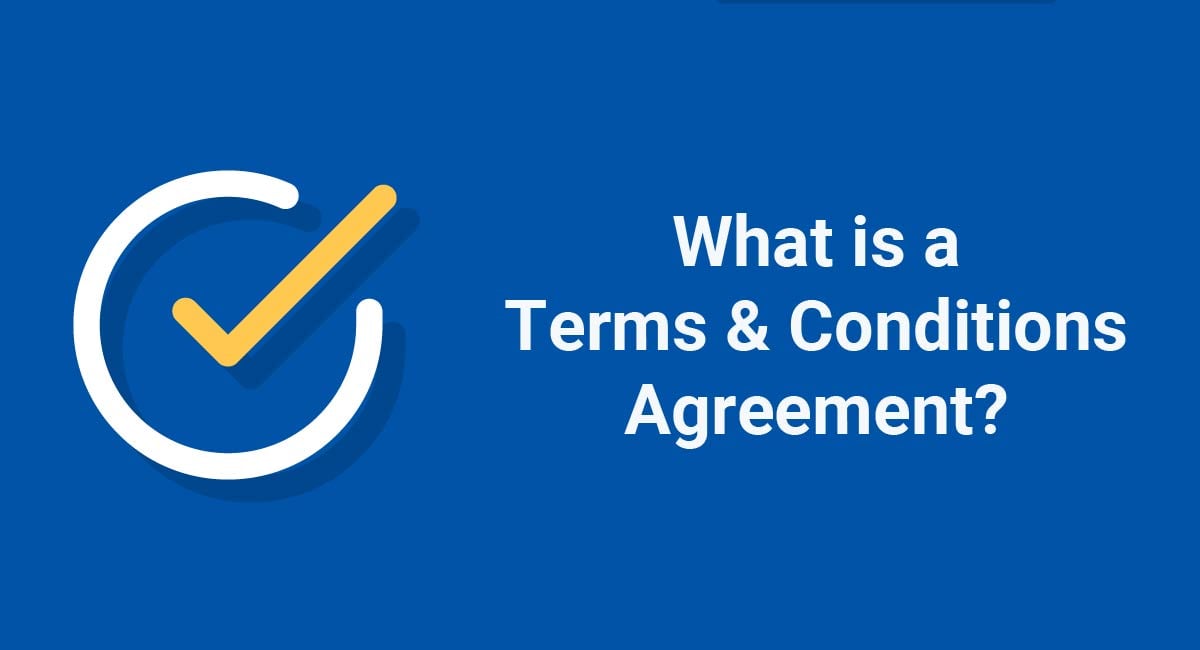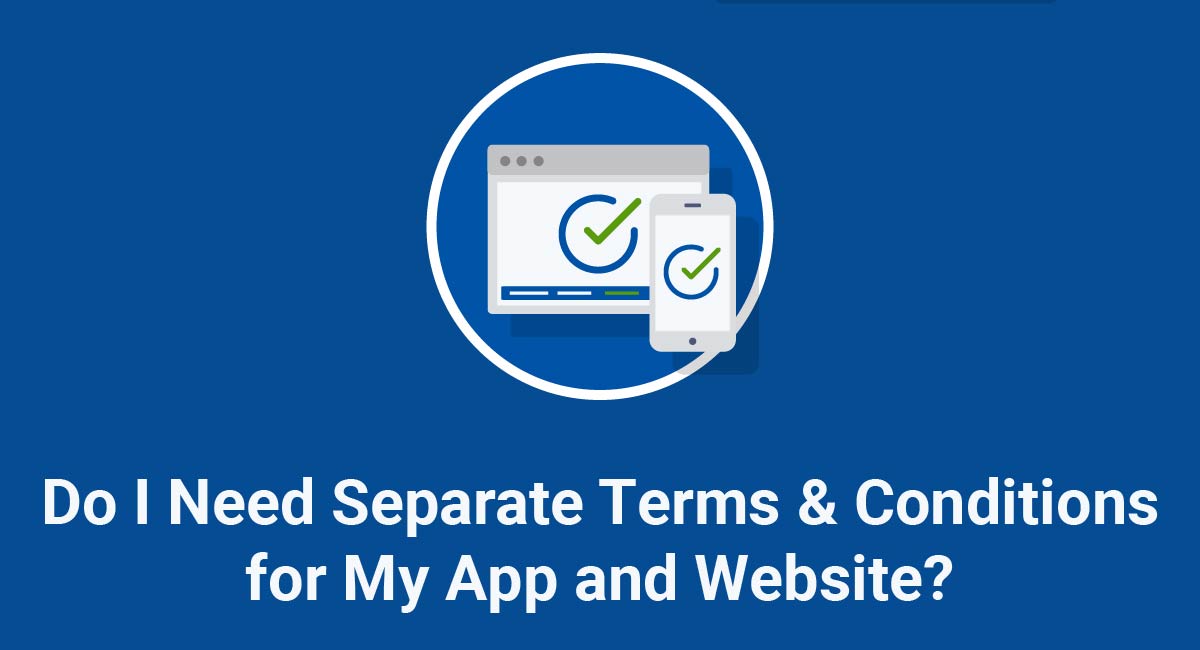Blog: Terms & Conditions Agreements
Page 5
Navigate
-
EULA Agreements
-
Cookies Policy Agreements
-
Disclaimer Agreements
-
Privacy Policy Agreements
-
US Privacy Laws
-
Return Policy Agreements
-
Legal Requirements
-
EU Privacy Laws
-
Terms & Conditions Agreements
-
How to
-
Asia Privacy Laws
-
CA Privacy Laws
-
Consent
-
Templates
-
Consumer Privacy
-
AU Privacy Laws
-
LatAm Privacy Laws
-
Clauses
What Should a Terms and Conditions Agreement Include?
Most business websites today have a Terms and Conditions agreement. These can also be known as "Terms of Use" and "Terms of Service" agreements, and are often used interchangeably. However, you may be unfamiliar with what specific sorts of things a Terms and Conditions agreement should include. The truth is that...
Terms & Conditions for Dropshipping
If you're the owner of a dropshipping store, your website should have a Terms and Conditions agreement (T&C). It's not a legal requirement, but it is very beneficial for you to have. For instance, a Terms and Conditions agreement can help protect you legally, limit your liability should something happen during...
Legal Considerations Before Launching a New Website
Are you launching a new website? Whether it's a simple blog, an ecommerce store, or a community message board, you must consider your legal position. From privacy to consumer protection to copyright, there are many ways in which the law can affect website operators. This legal landscape might not be as daunting...
Is a Terms and Conditions Agreement Legally Required?
While not legally required, a Terms and Conditions agreement (T&C) is highly recommended to have on your business website for a number of important reasons. Not only will having this agreement help your users understand the rules for using your website/service, but the T&C will also work to limit your...
What is a Terms and Conditions Agreement?
Terms and Conditions are legally-binding rules that apply to your business and its customers. Every serious business has a Terms and Conditions agreement, or some other form of contract, governing its relationship with its customers. Many of us scroll through Terms and Conditions agreements without really reading them, when installing a...
Do I Need Separate Terms and Conditions for My App and Website?
If you want your business to thrive, you need a robust set of Terms and Conditions to help manage your customers' expectations, set clear rules around the use of your services, and protect your business if you ever end up in court. But if you operate both a mobile app and...
